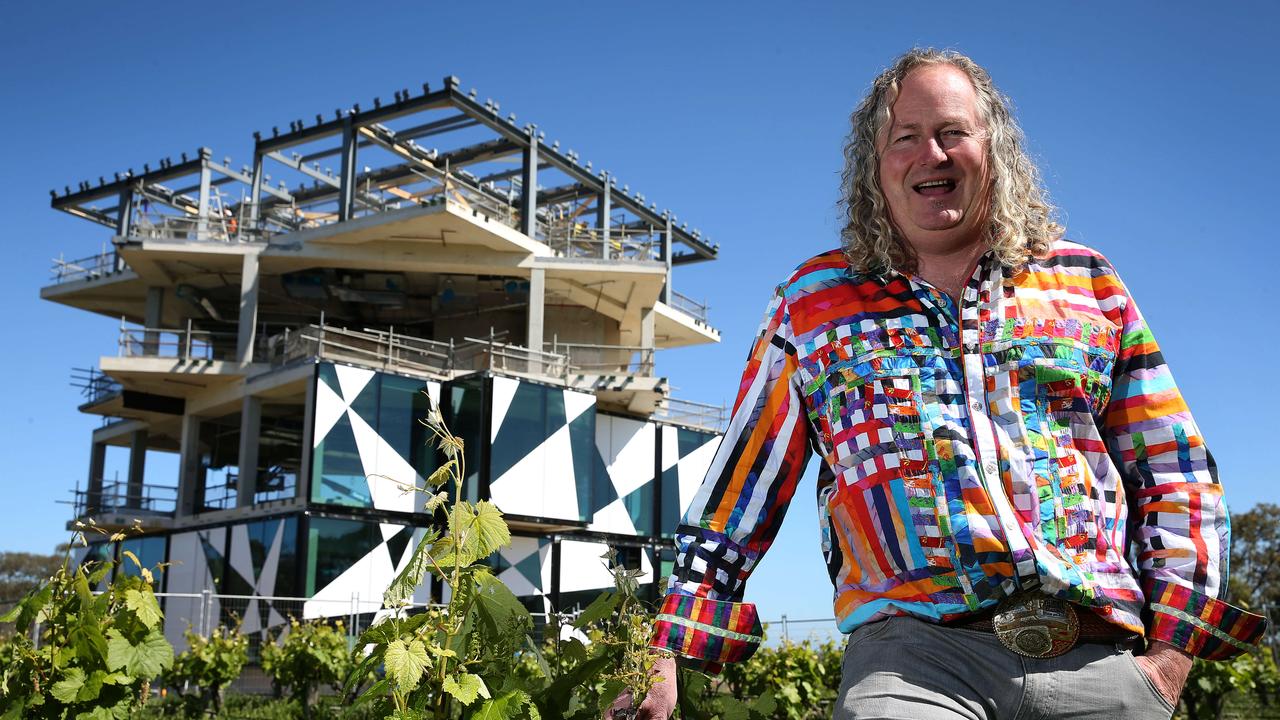Phoenixes to take flight as insolvencies mount
A jump in business insolvencies as rates rise and creditors more aggressively pursue debts, will trigger a spike in illegal phoenix activity.

A jump in business insolvencies as rates rise and creditors more aggressively pursue debts will trigger a spike in illegal phoenix activity, where directors set up new entities to avoid debts.
That’s the view of insolvency practitioners who are bracing for more business collapses, given pandemic support has been withdrawn and the Australian Taxation Office has intensified its debt collection activities in the past three months.
SV Partners executive director Michael Carrafa said he expected a steady rise in business insolvencies over the next two to three years, as the economy slowed and the threat of recession loomed.
“There will be a lot more insolvencies, voluntary administrations and liquidations … Especially leading up to Christmas we will see a lot more,” he added.
The ATO “are using those recovery mechanisms (director penalty notices) at the moment to force directors’ hands to do something. They haven’t done it directly by issuing statutory demand and winding up applications. They’re taking a very cautious approach.”
Mr Carrafa said potentially thousands of businesses could be probed by regulators and the courts over illegal phoenix activity over coming years, as some struggling companies took an unlawful route in an attempt to survive.
“While engaging in illegal phoenix activity may appear to be a short-term fix, it’s likely to come unstuck sooner rather than later,” he said. “Acting illegally leaves a trail of records for authorities to investigate.”
Phoenix companies generally arise from the ashes of a defunct entity, and leave behind outstanding debts to tax authorities, creditors, customers and employees. They can also involve the shifting or selling of assets from the debt-laden company to a new entity in an attempt to avoid paying liabilities and continue trading.
As the pandemic gripped Australia in 2020 there was a moratorium on creditors pursuing debts, and even last year there were few company collapses as stimulus measures continued.
King & Wood Mallesons’ national restructuring and insolvency practice boss Tim Klineberg said many directors who took risks during the Covid-19 cycle had “a lot to answer for”.
“It wouldn’t surprise me if you see more action (on illegal phoenix activity) from the regulator in the Covid wash-up over the next couple of years,” he added.
“In construction it’s insolvency after insolvency and in other industries there’s also a lot of pain but we have not at this stage seen the same level of insolvencies.
“The director penalty notices (being issued by the ATO) are actually where the rubber hits the road.”
The building and construction industry has been hit by a string of collapses in the past 12 months as operational and supply chain pressures took their toll.
They include Queensland building giant Oracle Homes, ABG, Home Innovation Builders, New Sensation Homes, Next, Pindan and ABD.
SV Partners was appointed as liquidator to ABD late last year.
Mr Carrafa said as well as building and construction, the hospitality sector was also still under pressure and susceptible to illegal phoenix activity.
The Australian Securities & Investments Commission has new powers: it can force money or property to be returned to a collapsed entity if an evidence-based application is made by a liquidator.
That aligns with new provisions under the Corporations Act 2001 covering actions that obstruct creditors, which came into effect in early 2020. In an action brought by a liquidator in Victoria’s Supreme Court against technology group Intellicomms, a judge earlier this year set a business sale agreement aside as a “creditor-defeating disposition”.
ASIC senior executive leader of small business compliance, Joe Zubcic, noted it was “early days” in the regulator’s renewed fight against illegal phoenix activity, given that actions tended to lag insolvencies by three to four months.
“We expect that as there are more insolvencies or external administrations there will be more reports made to ASIC making allegations of this conduct,” he said.
Mr Klineberg said: “You’ll see ASIC not only taking their own prosecutions but also funding liquidators to take actions under some of these laws … There is no better way of discouraging it than doing a few prosecutions.”
The corporate regulator in May banned Robert John Walker of Rosetta in Tasmania from managing companies for five years over his involvement in failed companies. The regulator highlighted Mr Walker’s involvement in phoenix activity over several years, when he transferred the assets of indebted tyre companies to other entities for no consideration.
A 2018 report by accounting firm PwC, in partnership with agencies including ASIC, estimated the annual direct impact of illegal phoenix activity across government, business and employees at between $2.85bn and $5.13bn. That includes about $1.66bn in unpaid taxes and compliance costs and as much as $298m in unpaid employee entitlements.
The latest ASIC insolvency statistics show that 848 companies entered administration, were wound up, restructured or subject to controller appointments in the first five weeks of the fiscal year.
That was 8.5 per cent down on the average of the same period over the fiscal years 2017-2019. Integra Restructuring & Insolvency’s managing director Adam Preiner noted creditors including state revenue offices and the ATO were becoming more active in pursuing debts.
“As soon as the ATO ramps up that’s when the pressure is on,” he said. “Company tax debts over $100,000 will be reported on your credit file. Once the ATO starts ramping up its collections, directors should communicate and negotiate with the ATO to avoid or minimise penalties. Don’t ignore any penalty notices.
“The ATO is still willing to talk.”
Mr Preiner also expects illegal phoenix activity to rise as the economy slows.
He warns directors to be on the lookout for advisers pushing questionable advice.
“Dodgy advisers are going to be out spruiking their services,” he said.
A shake-out of so-called zombie companies, or entities that have been left dormant during the pandemic, is also expected.
Mr Carrafa said that given the proliferation of vacant premises across central business districts, it was clear some directors had abandoned leases while others had no funds to appoint a liquidator.
“A lot of those directors have simply walked away from those businesses a long time ago and will continue to do nothing,” he added.
ASIC has found illegal phoenix activity is typically prevalent in industries, including mining, agriculture, horticulture, transport, building and construction, payroll services, security services, labour hire, computer consulting, childcare services and restaurants.
ASIC is also a member of the Phoenix Taskforce, which includes federal, state and territory government agencies.




To join the conversation, please log in. Don't have an account? Register
Join the conversation, you are commenting as Logout